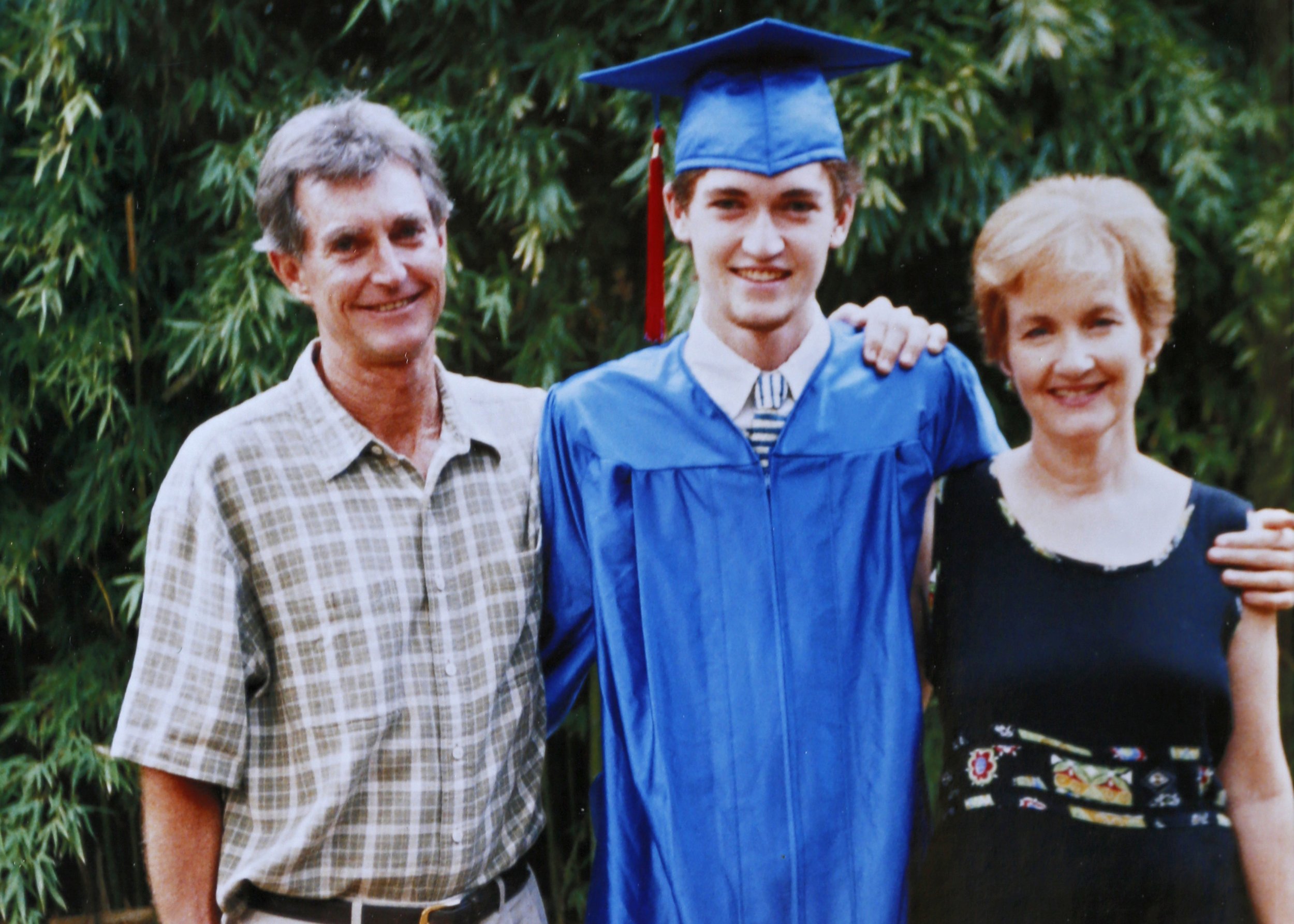Sometimes, LOWER’s sheer scope—which encompasses homelessness (“Pompeii Statues”), alcoholism (“Hope for the Night Time”), and the surveillance state (“Black Opps”)—threatens to collapse on itself. “I see the way they talk about people on this side of town,” Booker sings on “Lwa,” a stormy meditation on inadequacy and aspiration that’s poignant in large part because he has lived it, growing up in a Tampa Bay trailer park where neighbors once burned a cross in his family’s front yard. “The wrong side of the tracks” may be an antiquated framing, but the legacy of redlining means it will remain an evocative one. But to separate Booker’s lyrics from Segal’s soundscapes would be to deny their combined impact. Gleefully inviting a new wave of satanic panic, “Speaking with the Dead” gives Booker a demonic, pitched-down doppelgänger before morphing into an ambient found-sound piece that would be at home on Yves Tumor’s experimental pop opus Safe in the Hands of Love. Burrowing deep into the mix or disappearing altogether, Booker becomes more unknowable, unreachable, and more compelling for it.
“Speaking with the Dead” is one of two songs that form the album’s harrowing core. The other is called “Rebecca Latimer Felton Takes a BBC.” It’s a knowing piece of rage bait, recasting the first woman and last slaveowner to serve in the United States Senate as a racial fetishist and Booker as one of the men working the fields on her plantation. “Was it hard to not think of me, working there and glistening in the sun?” he taunts, glitching like a ransom caller with a poor connection. “You watched me from the porch and touched yourself, didn’t you?” The image of a white woman seduced by a Black man is already charged, and what’s more—she wants it. “Did your husband beat you too?” A whip cracks in the background. Felton, as Booker sketches her, is just one corrupted link in a chain of exploitation. If that’s not jarring enough, there’s a genuine jump scare: a sudden crash of violin and cello that could make the most stoic soul sit bolt upright in bed.
Still, Booker offers pockets of solace amid the outrage—the jangle-pop guitar on “New World,” molten washes of feedback on would’ve-been Otis Redding jukebox hit “Show and Tell.” The noise and distortion he and Segal summon can disturb, but it can also comfort. “Slow Dance in a Gay Bar” is LOWER’s gentle act one stunner, built around a gorgeous sample loop that mimics the skip of a dusty vinyl record. “I am beginning to see the beauty all around me,” Booker sings, though the overall effect is not so much a return to the light as a growing familiarity with darkness. Many 12-step recovery programs teach that the process of healing cannot begin until one “hits bottom,” a process Booker describes in wry detail on closer “Hope for the Night Time.” Here, the album’s title finally snaps into focus; it’s not a threat but a command. When they go low, keep digging.
All products featured on Pitchfork are independently selected by our editors. However, when you buy something through our retail links, we may earn an affiliate commission.








/cdn.vox-cdn.com/uploads/chorus_asset/file/25626313/247263_iphone_16_pro_AKrales_1062.jpg)

)








 English (US) ·
English (US) ·